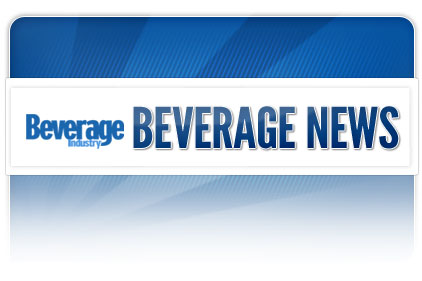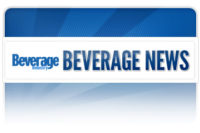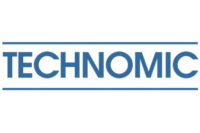Despite overall declines in U.S. sales, customers are satisfied with most products in the soft drinks and beer categories, says a report released by the American Customer Satisfaction Index (ACSI). In the soft drinks category, the ACSI score increased 1.2 percent to 85 on a zero to 100 scale.
“A wide variety of product offerings, product reliability, low unit price and minimal buyer switching costs keep customers highly satisfied with their soft drinks,” says Claes Fornell, founder of the ACSI and author of “The Satisfied Customer: Winners and Losers in the Battle for Buyer Preference.” “Add to this the fact that purchasing and consuming these products hardly requires any customer service assistance, and soft drinks come out on top.”
The category’s score is strengthened by small gains for The Coca-Cola Co. and PepsiCo, which each improved 1 percent to share the lead at 85, as well as a big boost for the category of smaller brands, such as Faygo, Shasta and private label soft drinks. Following last year’s 7 percent decrease to 79, customer satisfaction with smaller brands increased 5 percent to 83. Dr Pepper Snapple Group, however, saw its score decrease to 82, down 4 percent from an industry-leading 85 in 2010. ACSI results show that customers are becoming more sensitive to price at a time when the company has raised prices, it says.
In the beer category, customer satisfaction remains stable at 82 for the second year. This is lower than soft drinks, but stays at a very high level, ACSI says. Two years ago, the industry hit a high point of 84, but a sizeable downturn for market-share leader Anheuser-Busch InBev dampened customer satisfaction overall in 2010, it adds.
This year, Miller brands took the lead at 84 (a 1 percent increase), overtaking smaller brands such as Corona, Heineken, Samuel Adams and assorted microbrewery labels, which remained at 83. Although Anheuser-Busch decreased just 1 percent to 81, it is positioned at the lower end of the scale along with Molson Coors, which maintained its same rate from the year before.
“Beer customers tend to be more sensitive to price than those buying soft drinks,” Fornell says. “Consumption of beer is also less than half of the consumption of soft drinks, which makes customer satisfaction more important for this industry.”
Customer satisfaction rises in soft drinks, beer categories

Source: Beverage Industry

